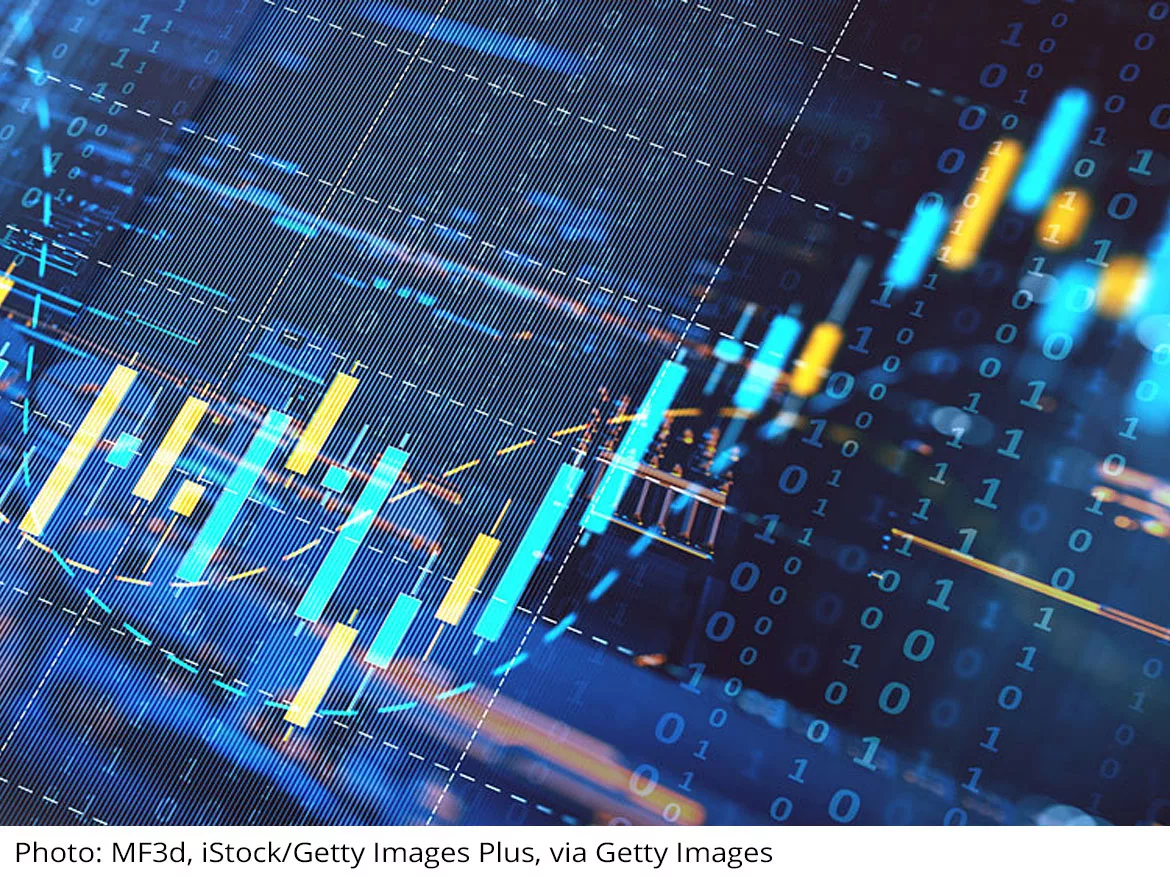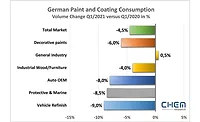Evonik Experiences Significant Profit Decline in Second Quarter

Evonik posted adjusted EBITDA of €450 million in the second quarter of 2023, a slight improvement compared with the first quarter (€409 million). Earnings were buoyed by strict cost-cutting measures. Compared with the same period last year, adjusted EBITDA fell by 38 percent. Evonik already published preliminary figures for the second quarter on July 10.
"Germany is in a recession, Europe as well, and the economy in China is not picking up as we had hoped," says Christian Kullmann, Chairman of the Executive Board. "Unfortunately, the second quarter showed no meaningful turnaround for our business."
The economic downturn caused Group sales to fall 19 percent to €3.89 billion in the second quarter compared to the previous year. Volumes were down 9 percent, while prices declined by 5 percent.
Evonik has been implementing cost-cutting measures to safeguard earnings since the second half of 2022. The company will save €250 million in the current year by not filling vacant positions, cutting down on the use of external service providers and restricting business travel. By June 30, Evonik reached 40 percent of that target.
Free cash flow was a seasonal negative €203 million in the second quarter, an improvement compared with the negative €239 million in the same period of 2022. Evonik remains committed to increasing the cash conversion rate toward its target of 40 percent in the current year. In 2022, the rate was 32 percent. The previous target for higher free cash flow this year is no longer achievable, as communicated on July 10.
"We are now steering the company towards cash," says Chief Financial Officer Maike Schuh. "We are keeping the money together so that we remain financially capable of acting."
Evonik will limit capital expenditures in 2023 to around €850 million. The corresponding budget was already cut from €975 million to €900 million earlier this year. All pending approvals as well as further expenditures related to already approved projects are subject to individual assessments. Investments in green technologies, such as Evonik’s Next Generation Technologies, will continue, as will safety-related maintenance expenditures.
Evonik posted a net loss of €270 million in the second quarter. This is primarily a result of impairment charges totaling €390 million, mainly on production facilities of methionine worldwide, as well as for silica in Europe and North America.
The portfolio revamp continues: Effective June 30, the site in Luelsdorf, Germany was divested to the International Chemical Investors Group of Luxembourg. The superabsorbents business has been classified as held for sale and was reclassified accordingly in the balance sheet as of June 30. The divestment process is progressing as planned.
Evonik expects continued weak demand in 2023 without any recovery throughout the second half of the year. As announced on July 10, Evonik lowered the expectations for its full-year adjusted EBITDA to between €1.6 billion and €1.8 billion. Previously, this range was €2.1 billion to €2.4 billion. Sales are now expected between €14 billion and €16 billion this year.
Looking for a reprint of this article?
From high-res PDFs to custom plaques, order your copy today!




.webp?height=200&t=1670827328&width=200)


